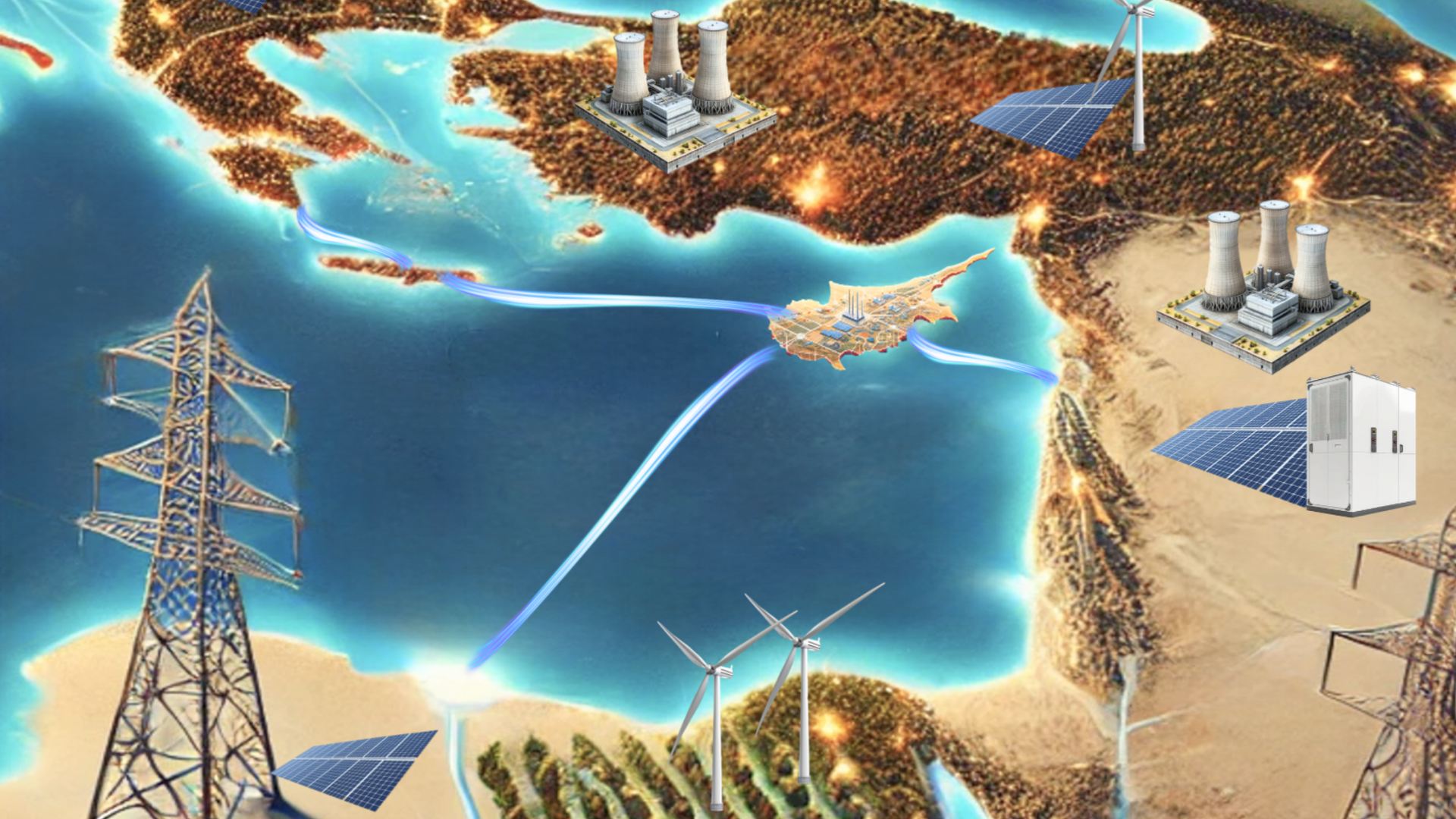By Michael Kyriacou, President of the Cyprus Community of NSW
This Sunday, July 27, the Cypriot Greek communities in Sydney, New South Wales, will unite to commemorate the island’s darkest days of 1974. Even though half a century has passed, the events of that year continue to resonate globally and remain fresh in the minds of all Cypriots, surfacing at forums such as the United Nations and the European Union.
In 2025, the Middle East and Eastern Mediterranean have a very different dynamic.
The rise of political Islam, authoritarian religious rule in Ankara, the Arab Spring revolution, the collapse of Syria, Iraq, and Libya, the emergence of Turkey as a regional superpower, the intervention of the EU in regional affairs, the role of the USA, the regional arms race, and the refugee crisis—these are just a few of the unique factors contributing to the region’s chaotic landscape.
Cyprus, however, stands as an exception.
With a stable government, peaceful transfer of power following elections, and a Western liberal democratic and pluralist system, it is the odd one out.
While the Gaza war and the Arab Spring continue to play out and complicate the region, Cyprus—like Israel, Lebanon, and Egypt—has discovered gas.
Suddenly, the EU is more than just aware of Cyprus; it is eager to reconnect with a long-overlooked partner—at last, a reliable, albeit small, and committed energy supplier.
The discovery of gas has become a game changer.
Turkey’s influence is being challenged by the EU, particularly France, while Israel engages in geopolitical and economic manoeuvring.
Although Turkey is a NATO member and aligned with the West, it also maintains ties with Russia and its allies—placing bets on all sides and collecting benefits from each.
Turkey has purchased arms from China and Russia and attempted to integrate them with NATO-supplied systems—much to the frustration of NATO and Western powers.
Turkey has established military bases throughout Africa and the Middle East. Its security services conduct clandestine operations across every continent. It funds television soap operas, music, online entertainment, and promotes a popular culture aimed at becoming the Middle East’s version of the K-pop phenomenon.
It boasts the third-largest network of diplomatic offices globally.
On nearly every metric, Turkey acts and perceives itself as a global power.
Its airline is the 8th largest in the world, based at the third-largest airport globally, and Turkey is a leading manufacturer of drones.
Turkey’s hunger for energy security is well known.
It frequently trespasses into Greek and Cypriot waters and, until recently, ventured into the territorial waters of Lebanon, Israel, and Libya.
Despite Turkey’s size and its ability to project both hard and soft power, Cyprus has not been deterred, quietly building a network of strategic alliances.
Another game changer is the rise of politically driven Islam, used as a cover to dominate neighbouring regions.
The Ankara regime, keen to profit from the rise of Islamic political ideology, pressured the north of Cyprus to allow headscarves in schools.
Ankara’s greatest weakness appears to be the growing divide between its vision and the aspirations of its educated youth.
The youth of the Middle East are seeking a lifestyle and freedom of movement that eludes the divided north of Cyprus.
Emerging trends among young people pose a threat to Turkey’s political goals.
Perhaps the most telling example of reactionary policy is the Turkish Cypriot regime’s decision not only to allow headscarves in secondary schools but to promote this as the societal “norm.”
It appears that Ankara’s only strategy to halt the tide of liberalism and liberty is to revert to old habits.
Today’s youth are choosing to align with the West, shedding tribal baggage and joining a globalised, tech-driven community. They seek passports, opportunities to travel, to learn, and to live free of inherited burdens. This is the battle Turkey faces daily. Despite re-education efforts and online troll campaigns, young people increasingly see a better future elsewhere.
The Cyprus question now stands at a crossroads. As a new generation rises, the old generation—with its baggage—is left behind. On the ground, a united island seems more possible than ever, while the elites obsessed with global influence appear increasingly uneasy.
